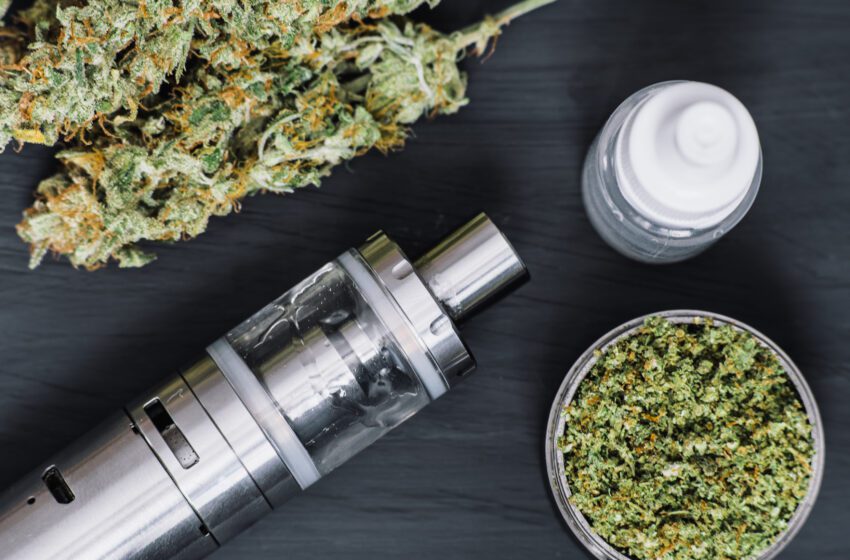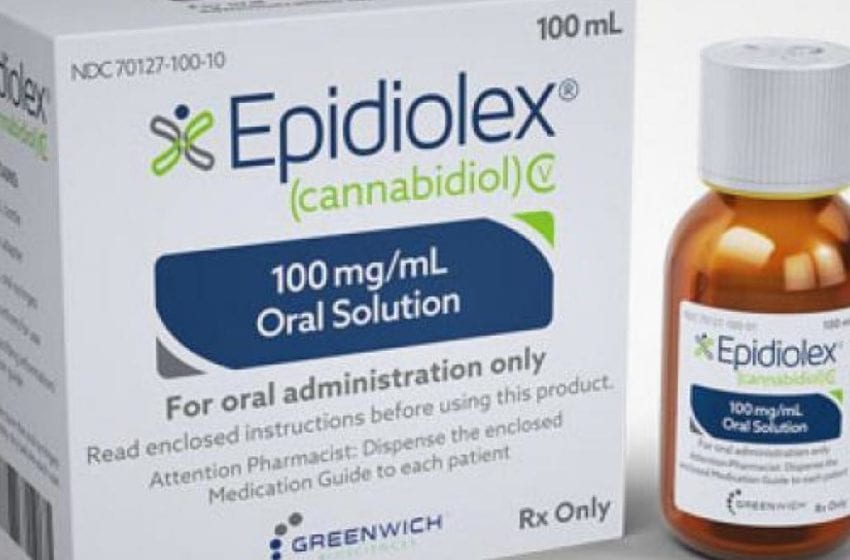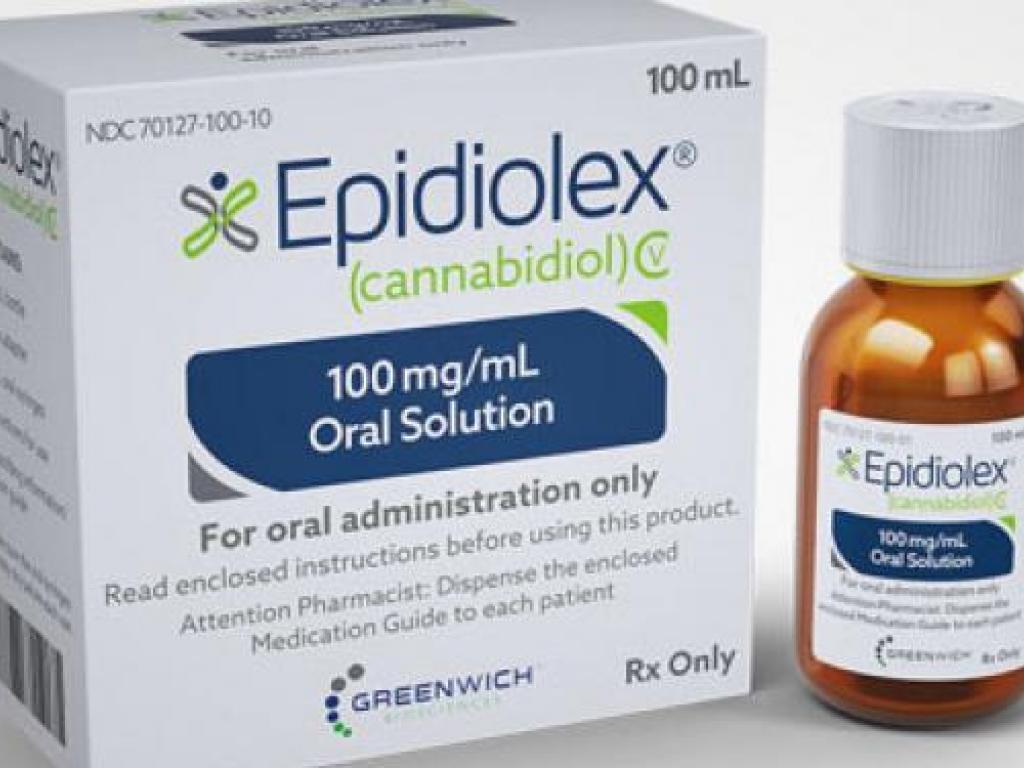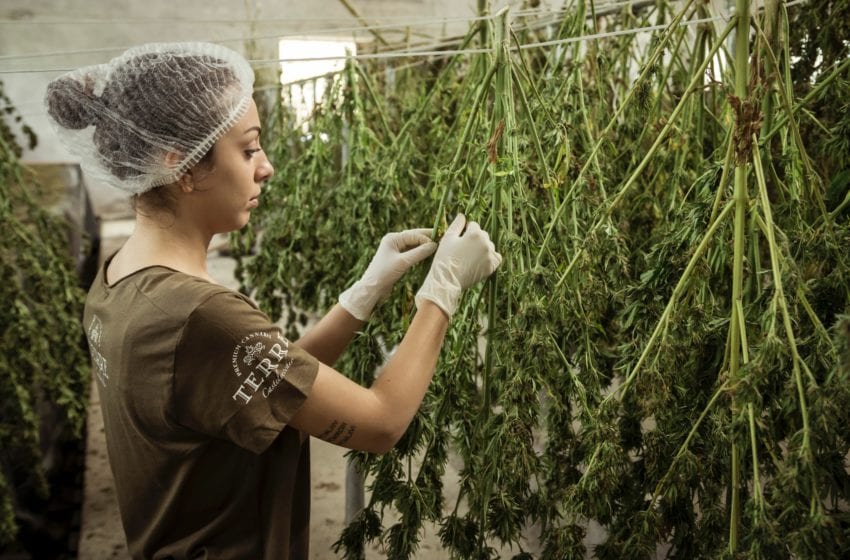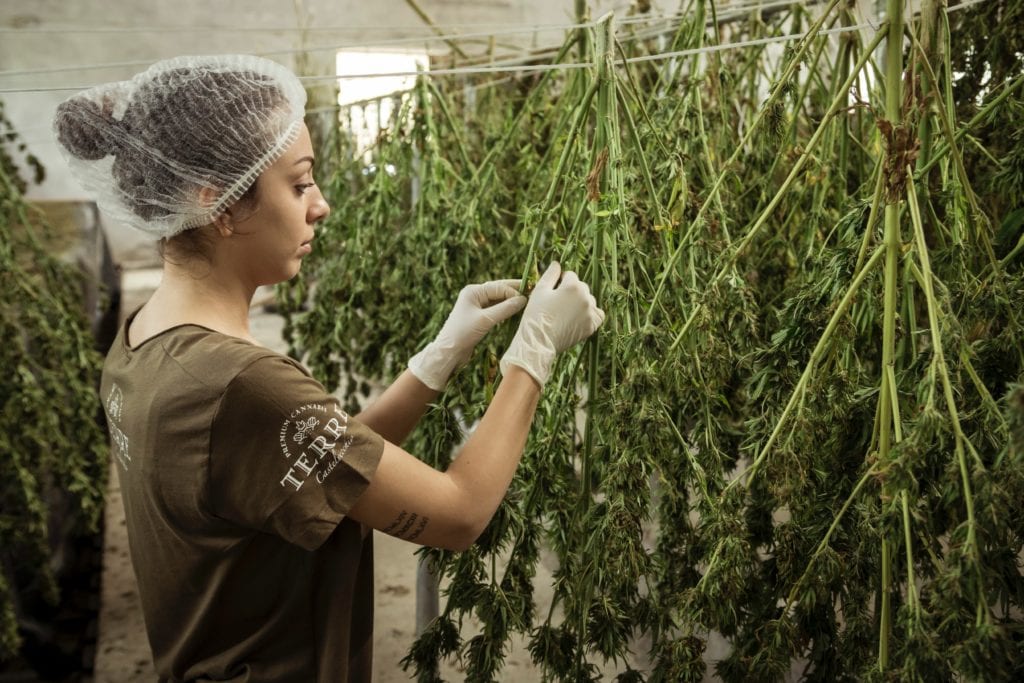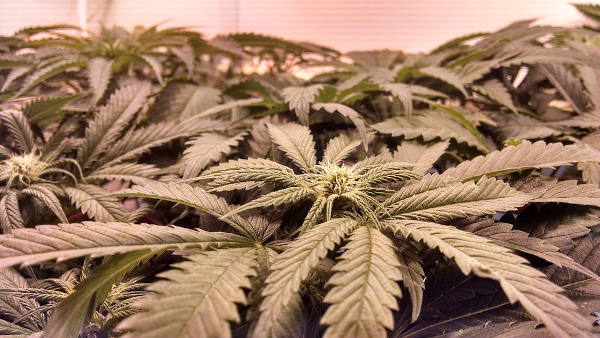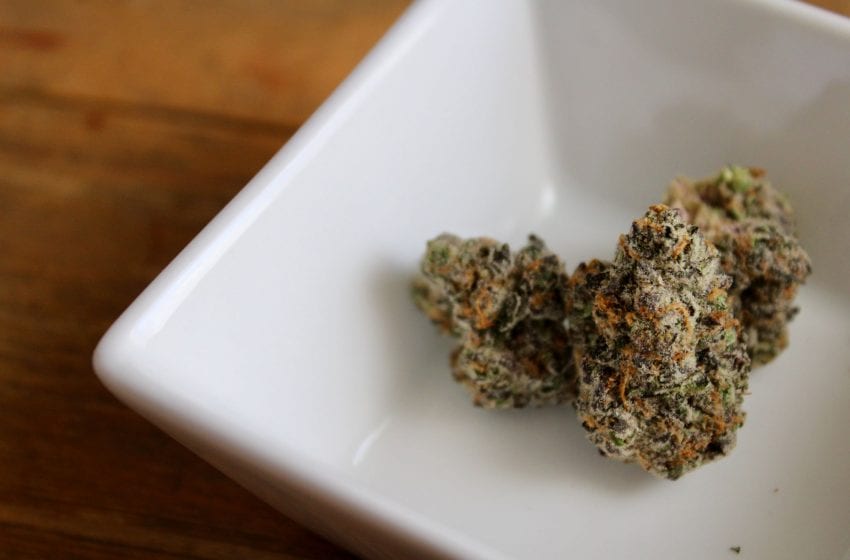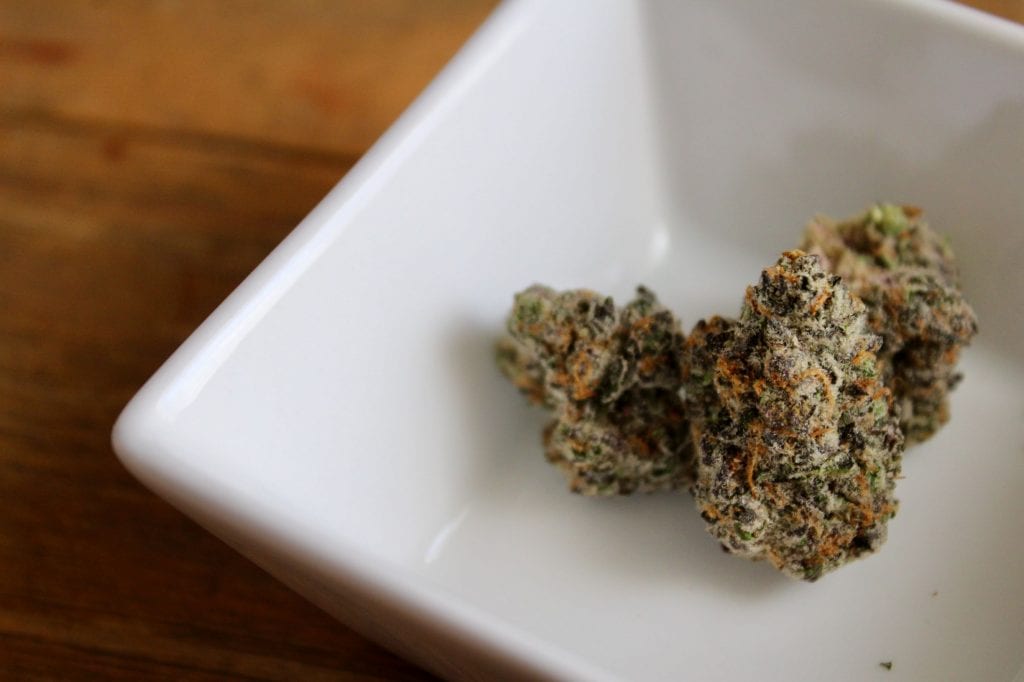CBD vaping manufacturers and retailers in Germany will now be regulated starting in January after recent changes to the country’s tobacco law.
Under legislation passed by the German Bundestag on July 2, non-nicotine e-cigarettes and refillable containers will be regulated the way that their nicotine counterparts are, and additional advertising restrictions will apply to all vaping products, regardless of nicotine content, according to hempindustrydaily.com.
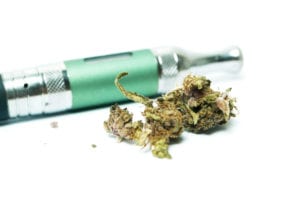
THC products in Germany are considered narcotics and fall under different rules entirely. “Many of my clients offer CBD-containing liquids for e-cigarettes and are concerned about the changes,” said Julia Seestaedt, a Hamburg-based attorney for the cannabis industry. “At the moment, manufacturers and retailers are most concerned about the comprehensive advertising ban associated with the change.”
According to Peter Homberg, who heads the European cannabis practice for Dentons Europe LLP in Berlin, the new legislation is just one facet of an increasingly restrictive market for all CBD products in Germany. “German regulation is very strict on CBD products, and it is to be expected that this will not change in the future,” Homberg said.
The German CBD retail landscape, he said, is markedly different than in the U.S. “It’s not as free as in the U.S. It is a very wide-open liberal market in the U.S., but we don’t have that here in Germany, despite the fact that there are products available on the market.”
With Germany set to put non-nicotine vapes on equal footing with their nicotine counterparts, these rules will soon apply to CBD vape manufacturers as well. Subjecting nicotine-free vape products to the same requirements and restrictions as their nicotine counterparts was “necessary to protect consumers from damage to their health,” the draft text reads.
Lawmakers wrote that the new advertising bans for CBD and other non-nicotine vape products were created in part to shield children from their influence. The legislation’s new restriction on outdoor advertising dictates that ads can be displayed only in shop windows or on exterior walls at retail stores that sell the products in question.
This means that “manufacturers will no longer be able to advertise nicotine-free CBD vapes on sidewalk advertising columns or billboards,” Seestaedt noted.
The changes are set to take effect beginning on Jan. 1, 2021, though outdoor advertising restrictions don’t take effect until 2024.
Non-nicotine e-cigarettes or refillable containers that were manufactured or placed on the market and labelled before Jan. 1, 2021 and complied with earlier provisions may remain on the market until March 31, 2021, according to the legislation.

